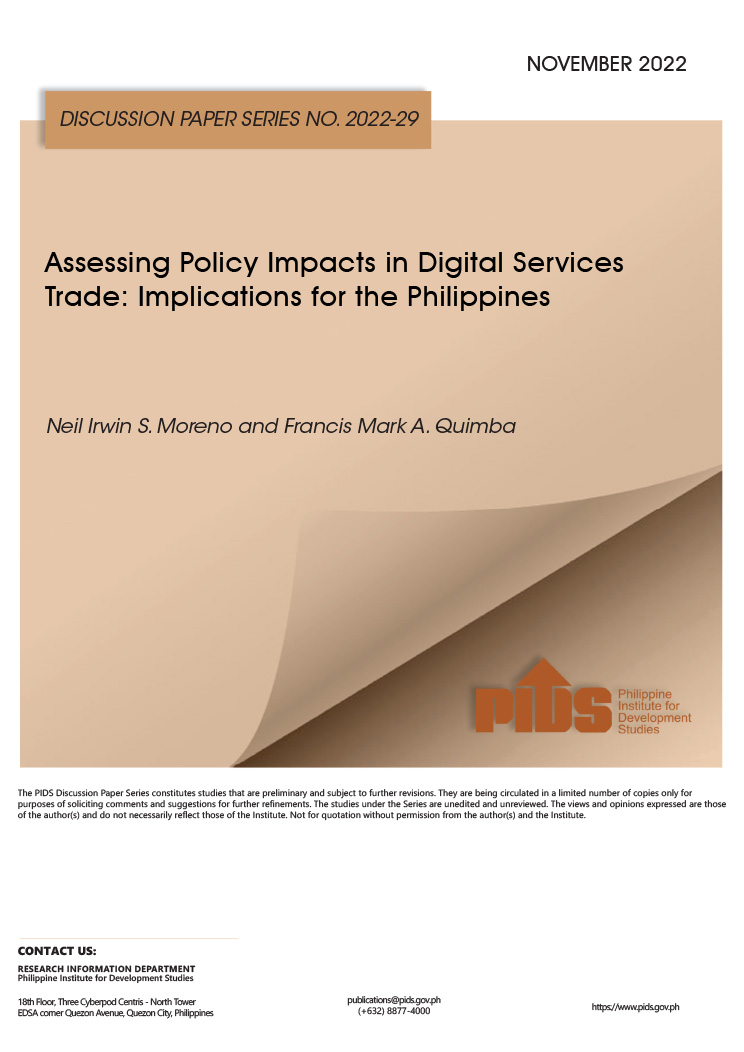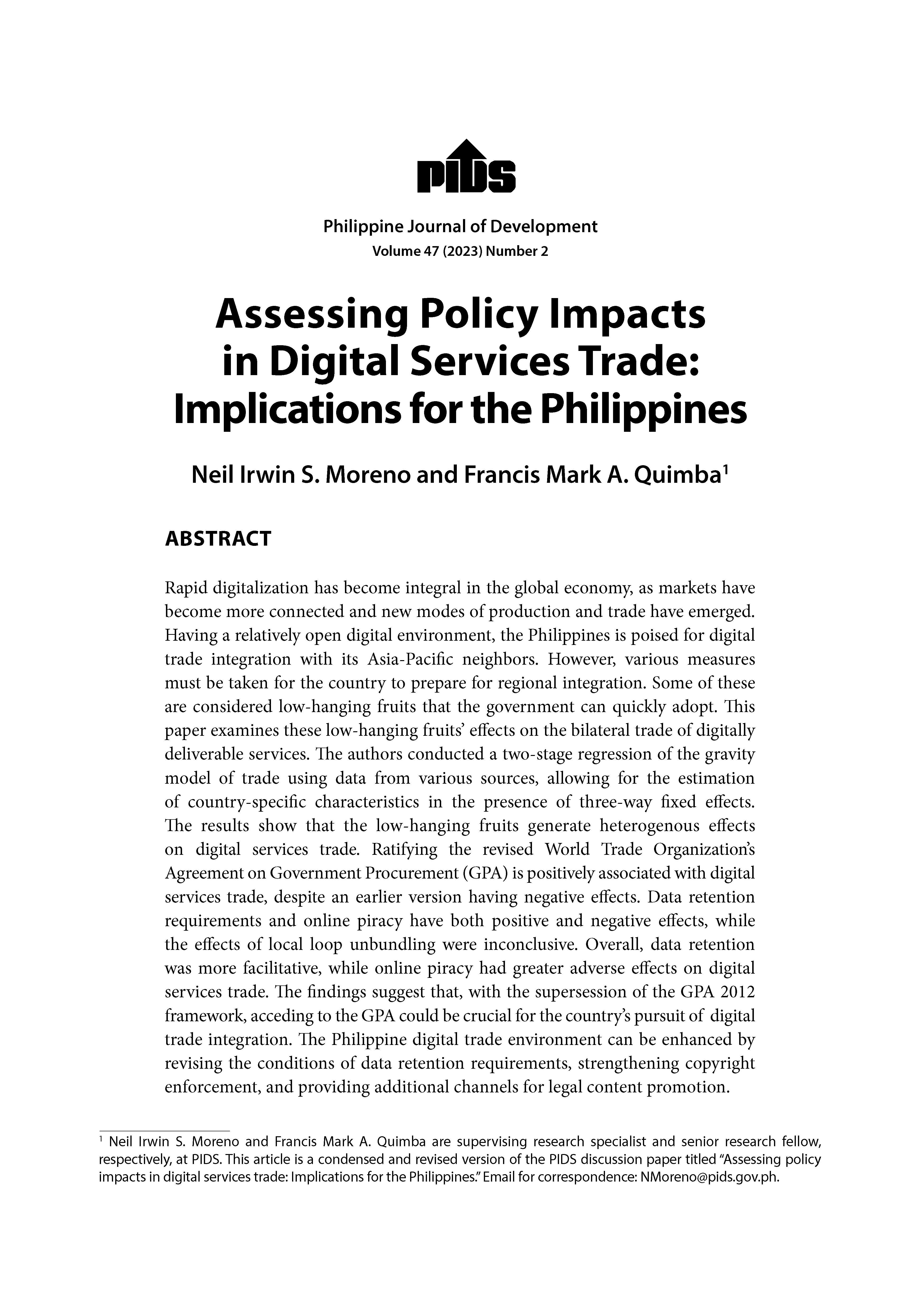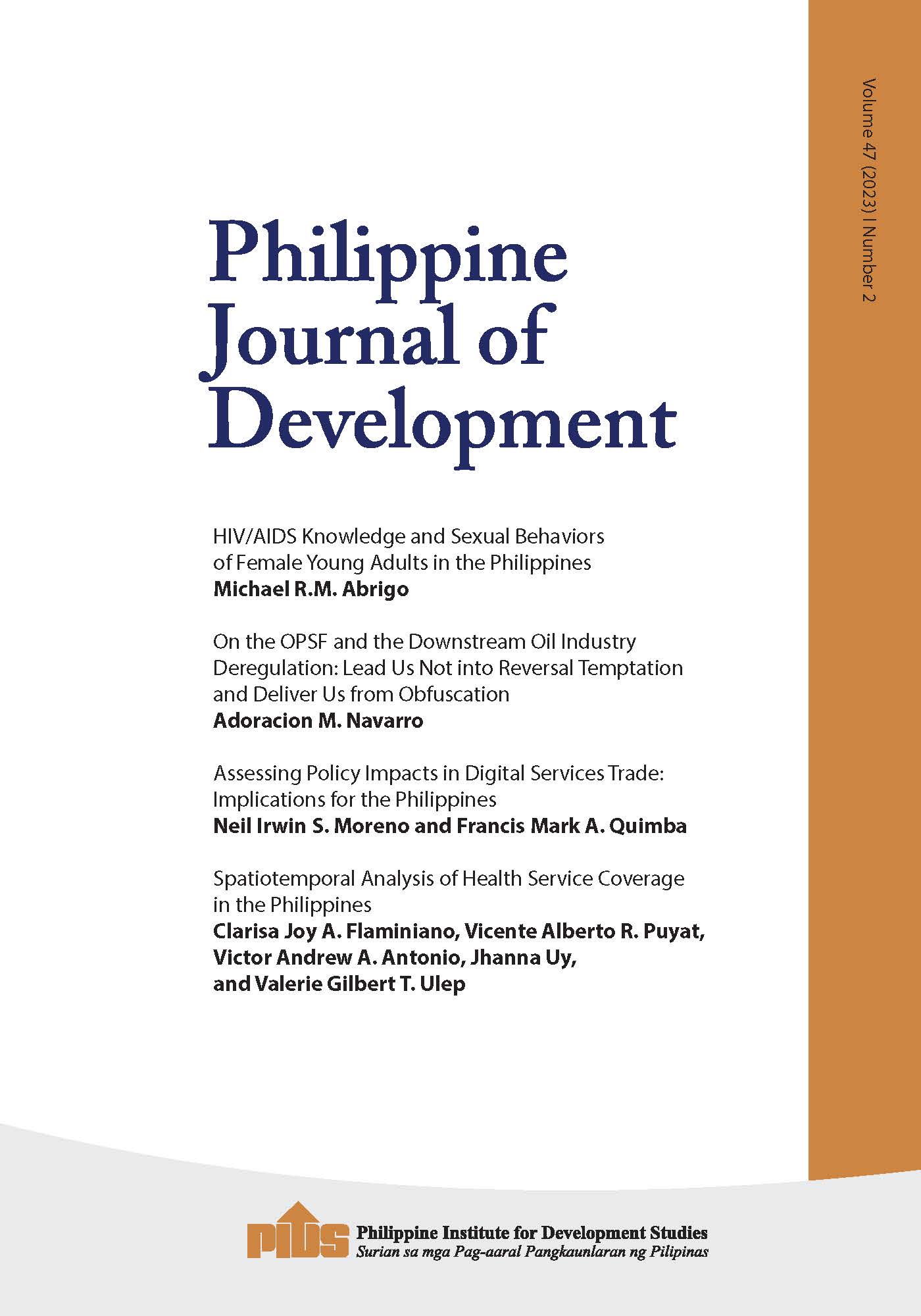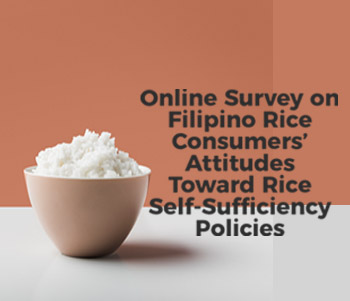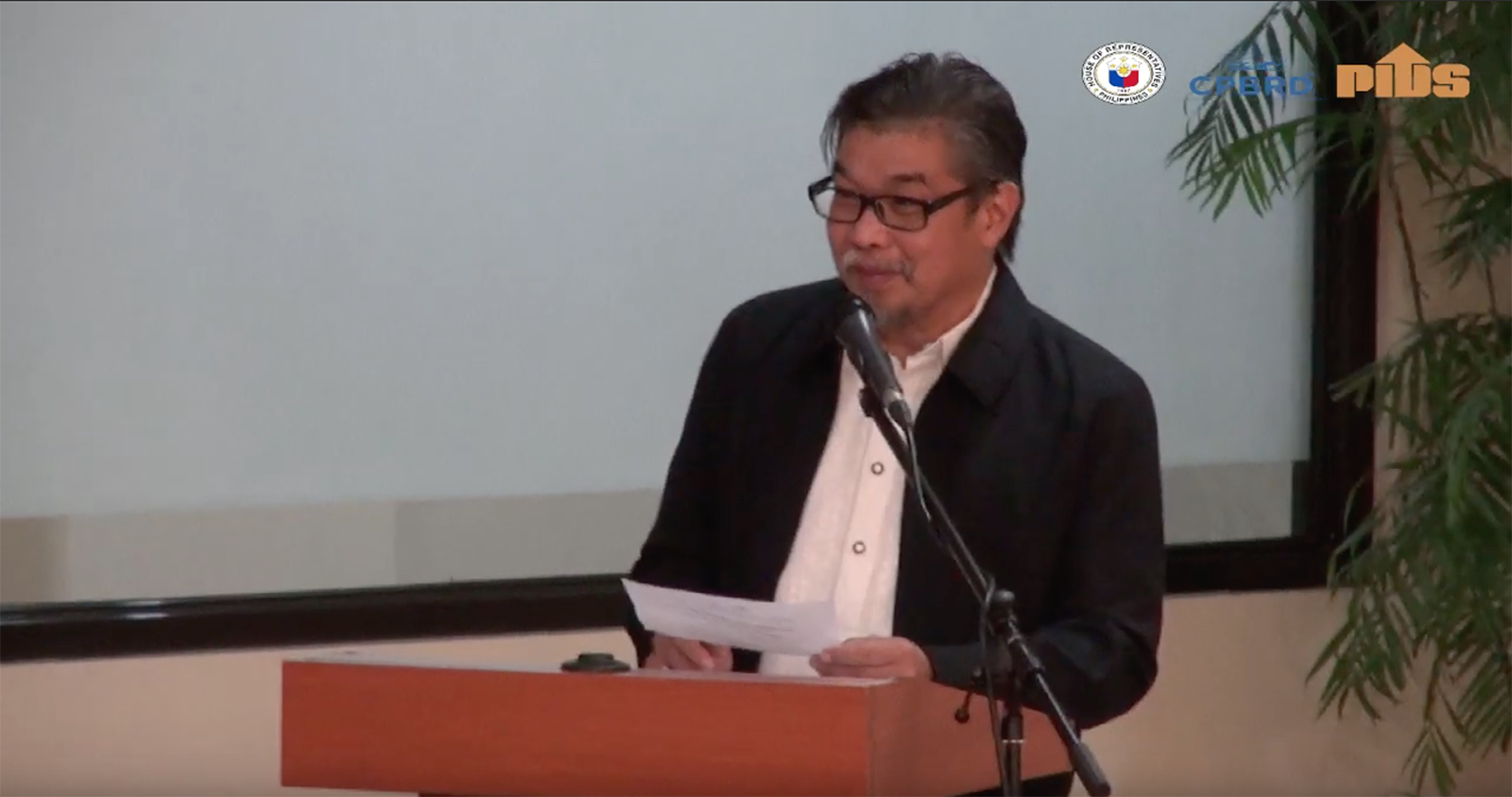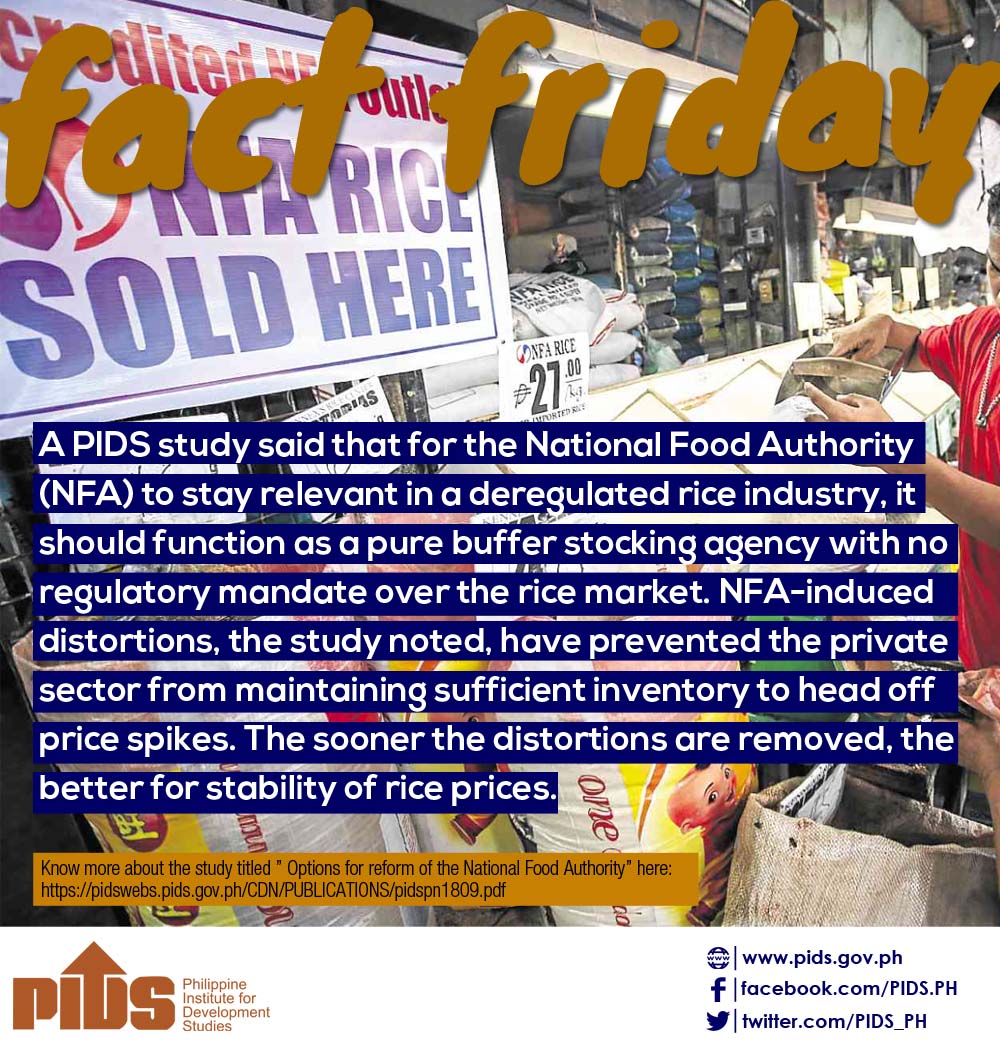Justice Secretary Leila de Lima believes that rice quotas imposed by the Department of Agriculture (DA) and National Food Authority (NFA) allowing government to monopolize the importing of rice may have violated the terms set by the World Trade Organization (WTO). In her 12-page confidential opinion dated December 16, 2013, a copy of which was obtained by The Manila Times, de Lima advised Agriculture Secretary Proceso Alcala and the NFA that the Quantitative Restrictions (QR) on rice can no longer be imposed until negotiations for its extension are concluded. De Lima said that in issuing her opinion, she risked being held in contempt by a Manila court that is hearing a petition against the restrictions. For that, she said the document should not be made public. "Said opinion could be construed as an unlawful intrusion into the exercise of judicial powers and functions pertaining to a separate and coordinate branch of government and could subject this Department to criticism for violation of the independence of the judiciary, not to mention the judicial courtesy accorded to all courts,” she wrote on page two of her opinion.
She added that the document is only for Alcala’s "information and guidance.”On December 14, 1994, the Senate, through Resolution 97, "pursuant to Section 21, Article VII of the Constitution, concurred in the ratification by the President of the Agreement” establishing the WTO, she said. The WTO first granted the Philippines a 10-year "special treatment” for rice starting in 1995. Before the arrangement ended in 2005, an extension was granted in 2004. It lapsed on June 30, 2012.
Even before current negotiations for a second extension until 2017, the country had twice been denied appeals to postpone the special treatment expiration. The DA and the NFA, however, insist that the authority to implement the QR remains in effect during the course of the negotiations and unless challenged by WTO member countries. With the expiration of the special treatment provision under the agreement, the DOJ cautioned the DA and the NFA against insisting on the continued implementation of the "quantitative import restrictions” and "discretionary import licensing.”
"Therefore, it is our opinion that the WTO provisions on the lifting of QRs as well as their exceptions, and the provisions on negotiations for its extension are already effective and should be complied with,” de Lima said.
"It is not for nothing that the Philippine Government gave its consent to the WTO,” she pointed out.
Annex 5 of the WTO agreement cites that the special treatment holds only during the 10-year "implementation period” from 1995 to 2005, and until the extension of that period, which ended on June 30, 2012.
Rice Quotas Violate Wto Pact — De Lima

